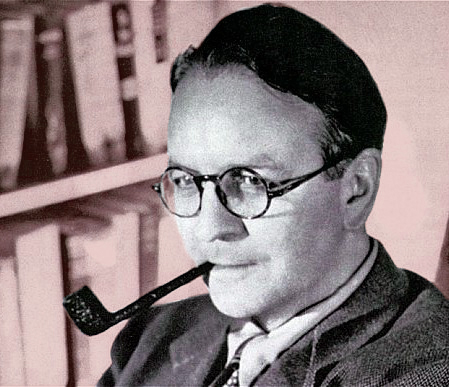
Raymond Chandler writes to Cleve Adams about the inability of the law to protect writers from plagiarism.
4 September 1948
Dear Cleve:
It’s nice to hear from you even in such queer circumstances. What is the source of your information? I may have an action for slander against someone.
I don’t know Roy Huggins and have never laid eyes on him. He sent me an autographed copy of his book Double Take with his apologies and the dedication he says the publishers would not let him put in it. In writing to thank him I said his apologies were either unnecessary or inadequate and that I could name three or four writers who had gone as far as he had, without his frankness about it…
I did not invent the hardboiled murder story and I have never made any secret of my opinion that Hammett deserves most or all of the credit. Everybody imitates in the beginning. What Stevenson called playing the “sedulous ape.” I personally think that a deliberate attempt to lift a writer’s personal tricks, his stock in trade, his mannerisms, his approach to his material, can be carried too far—to the point where it is a kind of plagiarism, and a nasty kind because the law gives no protection. It is nasty for two main reasons. It makes the writer self-conscious about his own work; an example of this is a radio program which ran the use of extravagant similes into the ground, to the point where I am myself inhibited from writing the way I used to. The second reason is that it floods the market with bad money and that drives out the good. But none of these things can be helped. Even if I were granted the absolute power to stop such practices, I doubt that I would know where to draw the line. For one must bear in mind that they can’t steal your style, if you have one. They can as a rule only steal your faults…
The law recognizes no plagiarism except that of basic plots. It is far behind the times in its concept of these things. My ideas have been plagiarized in Hollywood and I have been accused of plagiarism myself, by a guy who said The Blue Dahlia was lifted from an original of his. Luckily Paramount was in a position to show that his story never left the story department. Unconscious plagiarism is widespread and inevitable. Throughout the play The Iceman Cometh O’Neill uses the expression “the big sleep” as a synonym for death. He is apparently under the impression that this is a current underworld or half-world usage, whereas it is a pure invention on my part. If I am remembered long enough, I shall probably be accused of stealing the phrase from O’Neill, since he is a big shot…
If I seem to write at too great length about all this, it is because I am very interested in the subject. Yet curiously enough, when I had a radio program last year, and when the only thing I had to sell was a character, it was found impossible to get a writer who could deliver that character or to write dialogue that sounded like him. As long as this is so, why should I worry?
As for you and [W. T.] Ballard, I wouldn’t know what the idea was at all. We all grew up together, so to speak, and we all wrote the same idiom, and we have all more or less grown out of it. A lot of Black Mask stories sounded alike, just as a lot of Elizabethan plays sound alike. Always when a group exploits a new technique this happens. But even when we all wrote for Joe Shaw, who thought everybody had to write just like Hammett, there were subtle and obvious differences, apparent to any writer, if not to non-writers. Your stuff could never have been mistaken for mine or mine for yours…
Yours always,
Ray
From Selected Letters of Raymond Chandler. Edited by Frank MacShane. New York: Delta, 1987. 502 pp.


